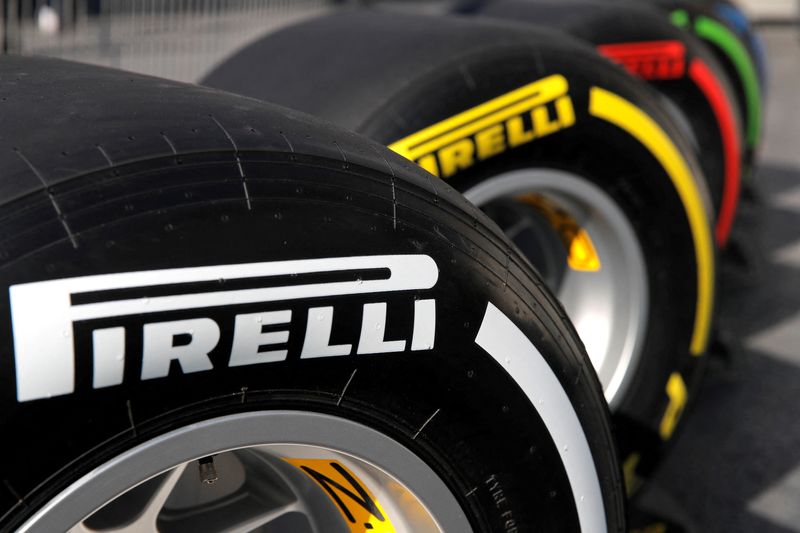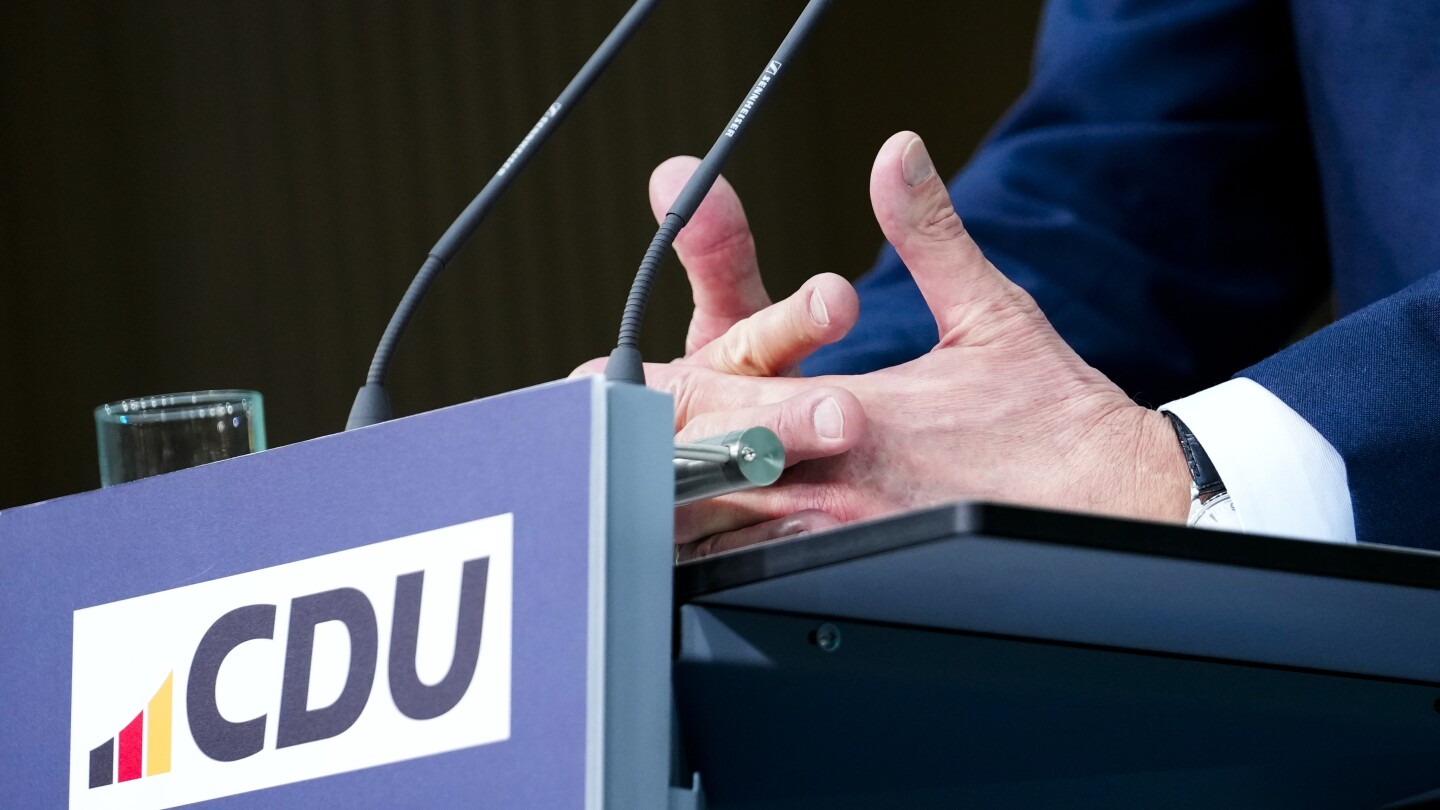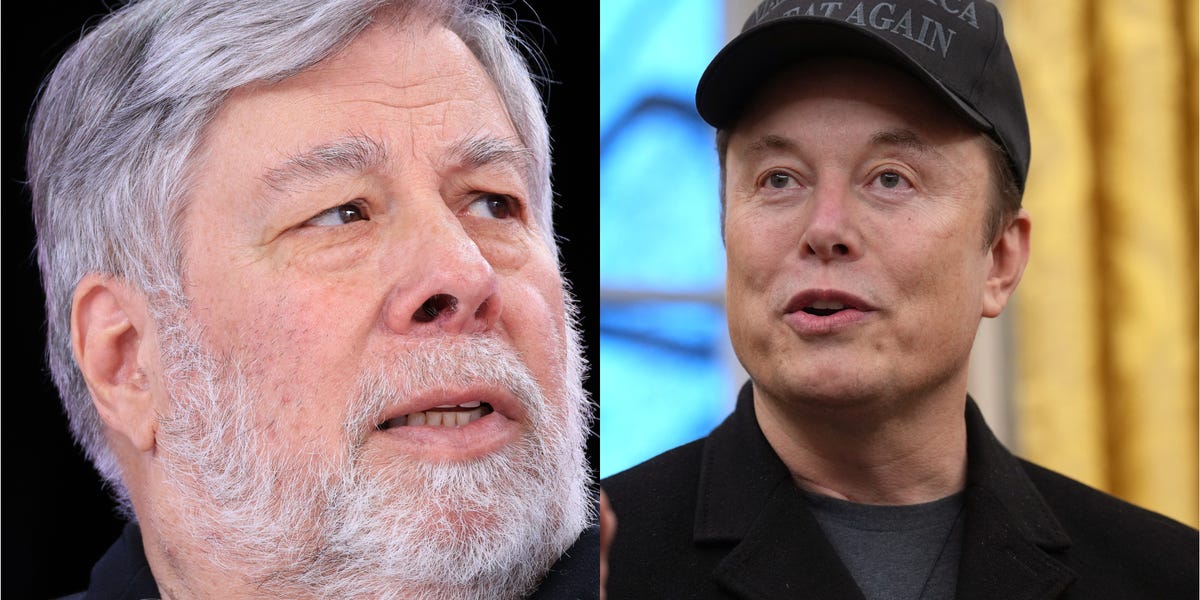Sinochem Roadblock: How a Chinese Stake Is Slowing Pirelli's American Dream
Business
2025-04-08 06:31:12Content

Pirelli's expansion into the United States has hit a significant roadblock, with the company's executive vice chairman Marco Tronchetti Provera revealing that its largest shareholder, China's state-owned Sinochem, is complicating investment efforts. In a candid interview with Italian daily la Repubblica, Tronchetti Provera highlighted the challenges arising from geopolitical tensions and technological restrictions.
The tyre manufacturer is experiencing mounting pressure as Washington intensifies its crackdown on Chinese technology in the automotive sector, implementing strict bans on software and hardware from Chinese-controlled companies. This has created a complex landscape for Pirelli, particularly in negotiations with local authorities in states like Alabama and Virginia.
At the heart of the issue is Sinochem's substantial 37% stake in Pirelli, which has become a strategic impediment. The diverging interests between Chinese and Italian shareholders are further straining the company's ability to navigate the increasingly challenging US market, underscoring the intricate dynamics of international business in an era of heightened technological and geopolitical scrutiny.
Geopolitical Tensions Unravel: Pirelli's American Investment Maze Amid China-US Tech Rivalry
In the complex landscape of global automotive manufacturing, Pirelli finds itself navigating treacherous geopolitical waters, where international business intersects with escalating technological and diplomatic tensions between China and the United States.Unraveling the Intricate Web of Global Corporate Diplomacy
The Sinochem Ownership Challenge
Pirelli's strategic positioning has become increasingly complicated due to its significant Chinese shareholding. With Sinochem holding a substantial 37% stake, the Italian tire manufacturer confronts unprecedented challenges in expanding its American market footprint. The intricate ownership structure has transformed what would typically be a straightforward business expansion into a nuanced geopolitical negotiation. The presence of a state-owned Chinese entity as a primary shareholder creates multifaceted complications for Pirelli. Regulatory scrutiny in the United States has intensified, particularly within technology-sensitive sectors like automotive manufacturing. Washington's increasingly stringent approach toward Chinese-controlled technological investments has erected formidable barriers for companies like Pirelli.Technological Sovereignty and Market Access
The United States government's aggressive stance on Chinese technological involvement represents a sophisticated strategy of economic protectionism. By implementing restrictive policies targeting software and hardware from Chinese-controlled enterprises, American authorities are effectively constructing digital and technological barriers. For Pirelli, these restrictions manifest concretely in challenging negotiations with local authorities in states like Alabama and Virginia. The company's executive vice chairman, Marco Tronchetti Provera, has publicly acknowledged the substantial hurdles created by their current ownership structure. These challenges extend beyond mere bureaucratic complications, representing a broader geopolitical chess match.Strategic Implications for International Business
The Pirelli scenario epitomizes the evolving landscape of global corporate strategy. Multinational corporations must now consider geopolitical dynamics as critically as traditional business metrics. Ownership structures, once viewed primarily through financial lenses, now carry significant diplomatic and strategic implications. Sinochem's substantial investment, while potentially lucrative, simultaneously constrains Pirelli's operational flexibility. The state-owned Chinese entity's presence transforms what would typically be a straightforward corporate investment into a complex international negotiation, requiring nuanced diplomatic and strategic maneuvering.Navigating Uncertain Technological Frontiers
The automotive industry stands at a critical intersection of technological innovation and geopolitical tension. As nations increasingly view technological capabilities as strategic assets, companies like Pirelli must develop sophisticated approaches to international expansion. The current landscape demands unprecedented adaptability. Corporations must now anticipate and strategically respond to rapidly evolving geopolitical dynamics, understanding that ownership structures can significantly impact market access and operational capabilities.Future Outlook and Strategic Adaptation
Pirelli's current predicament signals a broader trend of increasing complexity in international business environments. Companies must develop robust, flexible strategies that can rapidly adapt to changing geopolitical landscapes. For Pirelli, potential solutions might involve restructuring ownership, developing alternative market entry strategies, or engaging in sophisticated diplomatic negotiations. The company's ability to navigate these challenges will likely determine its long-term success in the competitive global automotive market.RELATED NEWS
Business

Crafting Farewell: Joann Fabric Shutters 800 Stores After 8 Decades of Creative Legacy
2025-02-25 16:59:23
Business

Economic SOS: German Business Titans Demand Urgent Reform to Revive Faltering Growth
2025-02-24 14:37:38






